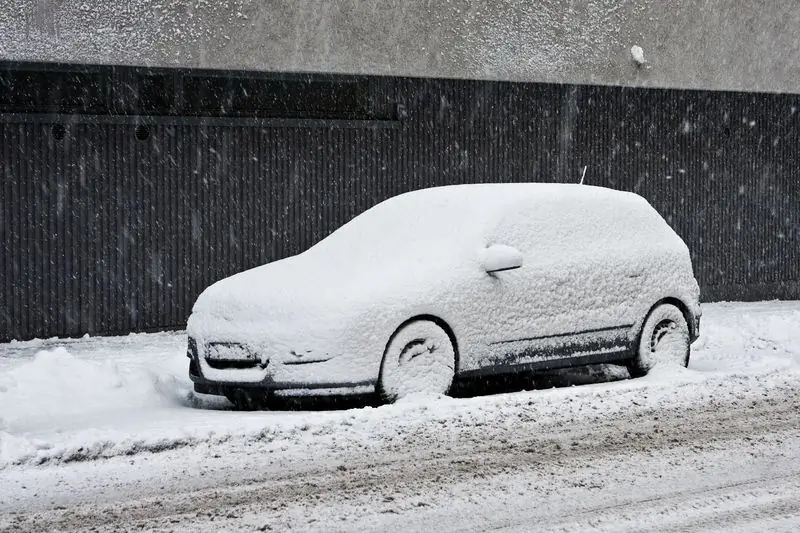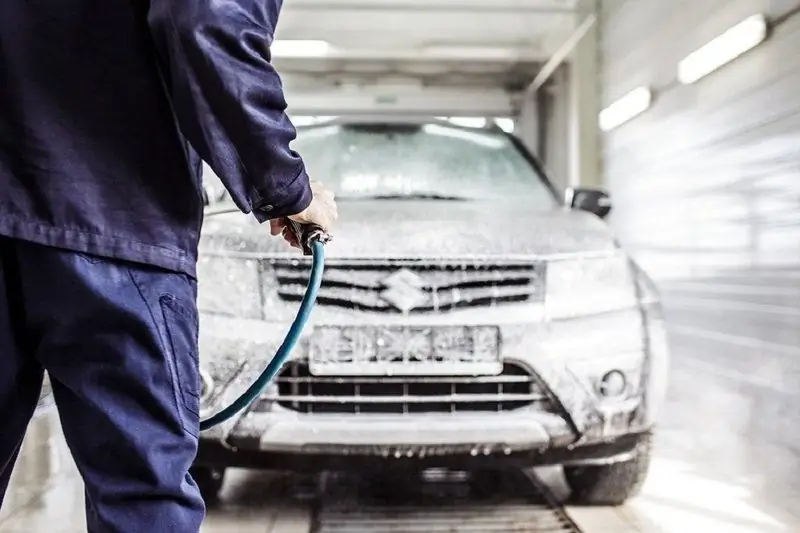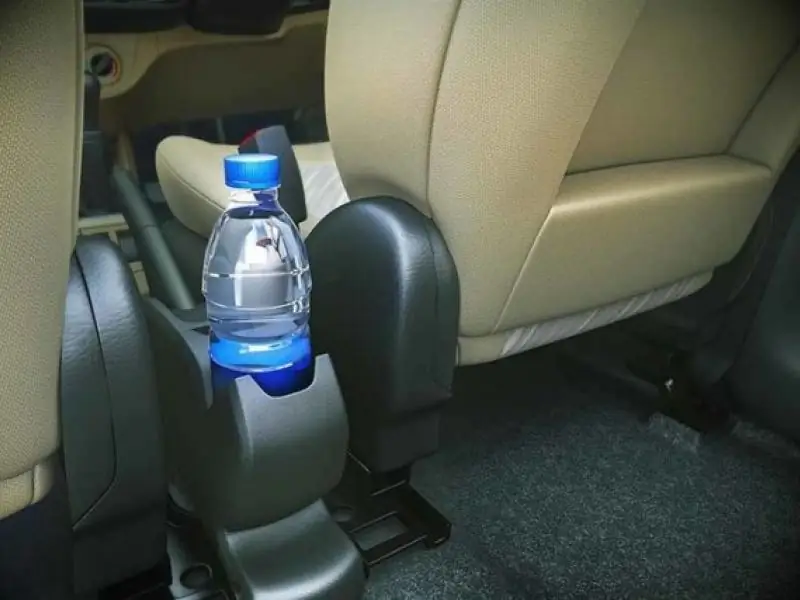
Table of contents:
- Author Bailey Albertson albertson@usefultipsdiy.com.
- Public 2023-12-17 12:53.
- Last modified 2025-01-23 12:41.
On the advice of my grandfather, I always drive salt, soap and aspirin in the car

In the distant past, my grandfather worked as an instructor in a driving school, and his total driving experience is almost 50 years. As soon as I turned 18, he began to teach me how to drive, but I was ripe for this only by the age of 22.
A month ago I got my driver's license, and a week ago I bought a car. Of course, the first in it was my grandfather, who, on the whole, was pleased with my choice and gave a parting word: always have aspirin, salt and laundry soap in the car.
After my bewildered glance, my grandfather began to tell the story.
In the Soviet Union, there was not even a fifth of the cars that are now cut across the roads. The auto industry had just begun to develop then, and only a few could afford "wheels".
Those who had their own car took care of it with all their might, because there was no talk of any services at every step. It was then that the period of automobile tricks, secrets and tricks began, some of which are still relevant today.
The triad "aspirin, soap and salt" is just one of the life hacks of the USSR drivers, which are still applicable today.
Even in the 21st century, Russia cannot boast of good roads that protect the suspension and nerves of drivers. In the USSR, the situation with the roadways was even worse, so numerous bumps and potholes posed a threat not only to the suspension and tires, but also to the gas tank.
In the last century, it was pointless to wait for help from random motorists, because they simply could not be met for a whole day. And it is, of course, impossible to drive with a hole in the gas tank. Soviet drivers prepared for such a situation and always had a piece of laundry soap in their car, which they rubbed on a steel gas tank, restoring its integrity.
Gasoline does not corrode laundry soap, so it can be safely used as a putty. Of course, a soap bar will not replace a full-fledged renovation, but at least you can safely drive to the service.
It is better to stock up on aspirin with interest: firstly, it will be useful if you have a headache somewhere on the road. Secondly, tablets do an excellent job with discharged lead-acid batteries.
If you put a couple of tablets in each battery capacity, it will "come to life", will allow you to start the engine and get to a full-fledged "charger". Many modern drivers who know this secret use it for several months in order not to change the engine in winter.
Life hack with salt is popular now. Have you ever paid attention to a small textile bag in the cabin by the windshield, right between the wipers? Many drivers fill these bags with regular salt, knowing that it absorbs moisture well.
Excessive humidity in the car worries drivers, as a rule, in winter. The difference between the temperature outside and in the cabin leads to fogging of the windows, and if the car stays in the cold overnight, then in the morning you can find a decent crust of ice on the windshield.
Salt absorbs liquid well, prevents the formation of condensation and its freezing. Of course, you can buy a special product for this, but salt is much more effective and cheaper.
I cannot say that my grandfather's advice caused me a storm of emotions, because I have not yet tested them in practice. But I will definitely take a note and buy all three "assistant motorists" - just in case!
Recommended:
Why It Is Impossible To Warm Up A Car Engine In Winter: Is It True Or A Myth, What Can Threaten, Is There Any Harm To The Car

Is it worth warming up a car engine in winter? What are the supporters of warming up guided by What the opponents stand for
Is It Possible And How To Wash A Car In Winter, Including At A Self-service Car Wash

Can I wash my car in winter, and if so, how often can I do it? How to properly wash a car in winter. Features of the procedure at a self-service car wash
What Things Should Be In The Car In Winter

What 12 things must be in the car in winter
What Things Provoke A Cat To Do Bad Things

What provokes a cat to do bad things and how to prevent it
8 Things That Are Unsafe To Leave In Your Car In Winter

Some motorists leave objects in the car that can easily harm the vehicle or lose their properties. It is important to check your baggage carefully to make sure there are no dangerous items in it
